I think about love and the radicalization of love of all kinds. Not because it was valentine’s month, but because I feel radical love is revolutionary. I think of it while meeting strangers, while going on dates, while befriending people, I think of it while I am hurt and alone. I think of love and its potential also in the social justice movements.
Now, after many moons and heartbreaks, love means many things to me and has ceased to mean certain things anymore.
Albeit, in those rare days of fizzy and warm feelings, when I share about my new crushes or lovers with friends, they often warn me of love. They ask me to stay away from people who are in open relationships where I am not going to be the primary partner, they warn me about people who are not promising a future or might hurt me in many possible ways, they warn me to not fall for friends-’it ends up messy’, they say. I also know many people who resent love in fear of being hurt. If we don’t love someone in fear of heartache, are we implying that hurt is more profound than love? The pain isn’t worth the pleasure?
I spent a lot of time in my head trying to shape this fear and pain. Many of it is cisheterosexual teaching of love that upholds heteronormativity, certainty, coupledom, marriage, family, acceptable social positioning as the only way forward. It upholds a single narrative about romantic-sexual love that might not be untrue for everyone but is surely incomplete. The great deal about fear is it not only polices your authentic capability of loving someone but also makes you constantly scrutinize the parts that are unlovable about you or your lover.
My first boyfriend was my school senior. When we started dating, I remember many queer friends inherently resented the idea of us dating only because both of us are fem-presenting. In the suburbs of Kolkata in the late 2000s, away from all ‘intellectual-progressive ideas of queer love, I and my friends vehemently believed love can only happen between a masc-presenting and a fem-presenting person. That is what heteronormative heterosexual love has taught us. I am still unsure if that influenced my love towards my then-boyfriend or not! But we did break up soon after.
The next time I fell in love, it meant everything that Bollywood songs have been preaching for decades. Fucking euphoric. He was a charming student of literature, read many books—the quintessential Bengali 'bhadralok’, who once told me he doesn't mind me being non-binary. It was refreshing. As it was also the time we were navigating future career aspirations, he often used to argue how the caste-based reservation is unjustified, how caste-based oppression doesn't exist anymore, and how me being Dalit is actually a ‘privilege’. I still loved him. Only because I was unsure if it's a worthy enough reason to let go of love!
Heterosexual teaching of love has taught me to comply with norms by hiding and not so much seeking in relationships. Their teaching of love is deeply woven in a binary, hierarchical, unequal, heteronormative, cultural fabric that normalizes inequality as a sweet promise of certainty. I desired that promise for the longest time only to end up realizing that's delusional. It made me doubt my love and give up on the person I truly cared for. It made me cling to the person despite their toxic behavior because I was made to believe ‘love is rare’.
At times like this, you want to run away from the mainstream teaching of love that is limiting, narrow, boring. In my quest to escape, I found solace in looking at love radically.
Radical love is about uprooting the ways that love has been limited by systemic oppression. It offers healing that is possible when we love outside of the confines of what heteronormativity has told us is possible. Radical love is an ethical, social, political, community responsibility and commitment to truth, to overcoming domination, oppression, and subordination. It encourages you to bring all of yourself with all your complexities—trauma, joy, live reality in a relationship, and also to contextualize your lover with their share of complexities, trauma, joy, and realities.
I loved how Ralph Rodriguez articulated radical love in "teaching, radical love and community"— "Radical love is a love that gives the benefit of the doubt, that affirms and questions, that holds its skepticism at bay to allow a raw thought to develop, that understands accountability, not as a zero-sum game, that doesn’t draw lines in the sand, that doesn’t believe in (to borrow a phrase from Edward Said) solidarity without criticism, that understands that rifts can heal and that we need not divide ourselves from one another during that healing. It also understands that there may be moments when toxicity reaches such a level that, out of self-care and self-love, one has to pull back and find new alliances. Radical love can foster and enrich a community."
From community to personal, as personal is political and so is love, it expands our imaginations. When you don’t have a dominant script to follow, you create your own ways to define what you authentically feel. Radical love allows you to explore love in all possible ways that might have been untapped, unimagined.
Bell Hooks Taught Us To Both Practice And Preach Radical Love. In her landmark text All About Love: New Visions, she writes: “There can be no love without justice…abuse and neglect negate love. Care and affirmation, the opposite of abuse and humiliation, are the foundation of love. It is a testimony to the failure of loving practice that abuse is happening in the first place.”
Radical love also talks about unloving as liberation. It empathizes with letting go of your lover and still caring for them or choosing not to. It acknowledges the hurt of heartbreak but also acknowledges the reality and legitimacy of the joy in that one time and place where you held your lover's hand or kissed while feeling love in your bones. Endings don't take away the stories from your life. When we learn how love is abundant and not a scarce resource we were made to believe while growing up, it heals attachment wounding.
The thing is queer people have historically embraced radicality in their relationships. Be it the uncertainty (read marriage), collective community love, and solidarity, showing the world love can exist in the most un-nurturing ecosystems—yet blooms, blossoms—queer love shows possibilities, joy, impulsivity. It isn’t afraid of kissing strangers, having sex in closed cars, or under open skies. It doesn’t teach risk only lends to the threat but also affirms how risk can take you to the la-la land of joy.
Our histories and realities are often erased through mainstream appropriation that constantly tries to civilize us and our desires, and put us in the same framework for their easy comprehension of our lives. It makes us insecure about our desires and relationships. It perpetuates the same casteist, classist, and ableist conditioning in love and desire that their institutions are built on, and to a larger extent, they have succeeded. When we only celebrate queer stories of years of togetherness, marriage, reels of cis-dominant caste couples, monogamy, and nothing else, imagine all the other real and legit stories we miss out on while all we try to prove just how marriageable we all are or are capable of becoming. This is not to say marriage can’t be the aspiration, but how and who is shaping our aspirations about love anyway?
Thinking about love so much, it seems to be brainy at times - an intellectual accomplishment. It's difficult to always track your feelings, spending enormous time inside your mind retrospecting if we are falling prey to the dominant script of love, it's tiring. Especially the days when even with all this aspiration of radical love, I end up aspiring love in the same old heteronormative way that leads to hurt and it feels fucking more profound than stupid love and the pain doesn't at all feel worth the pleasure. I feel guilty for my failure to practice what I idealize.
The more I think, the more I feel, my world shrinks, with fewer people to love - the way I aspire to share love—love that means more than the dominant narrative of romance, sex, certainty and transcends to solidarity, sharing experiences, aspiring, friendship, and mutual healing. Radical love is queer treasure. And our liberation.



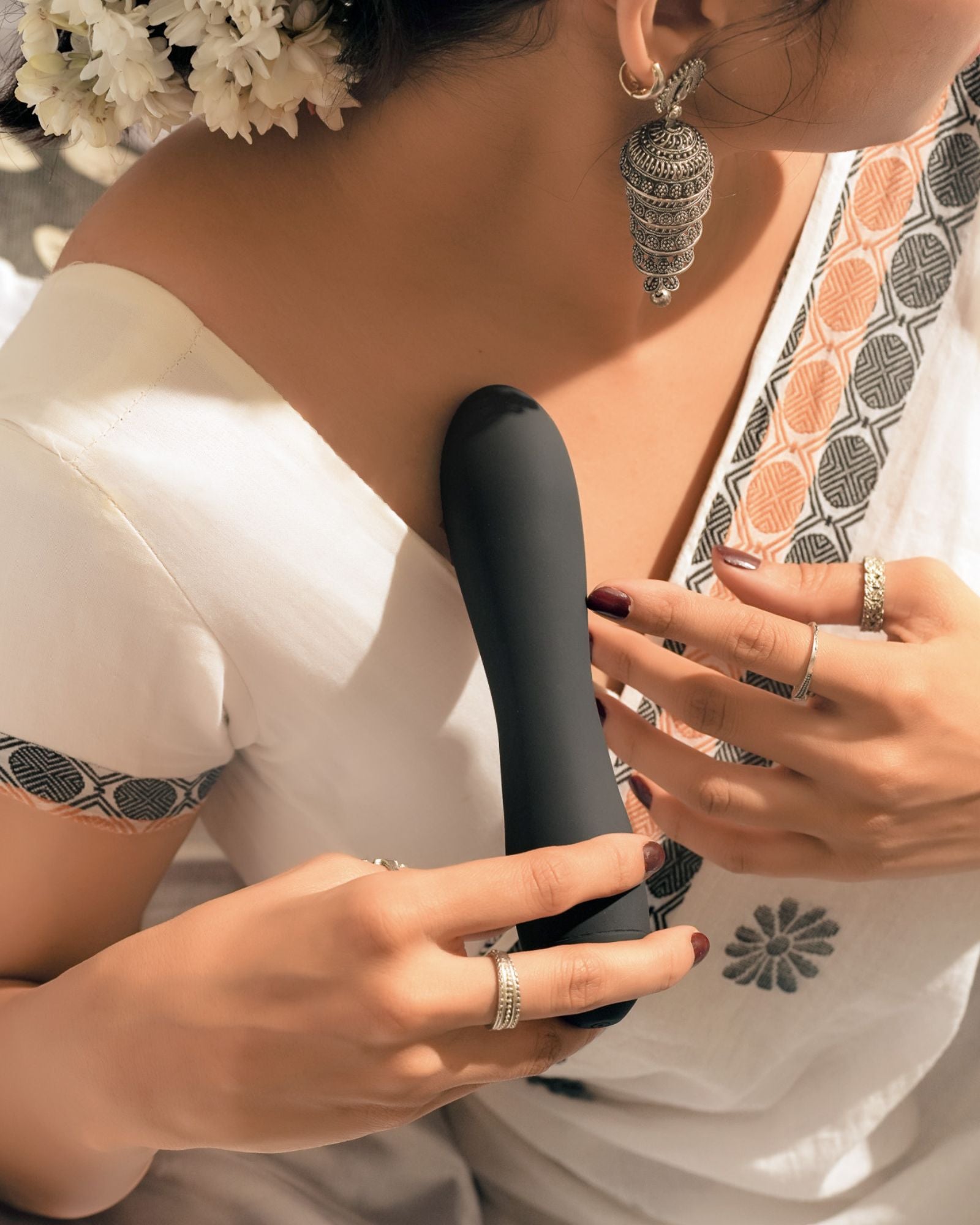
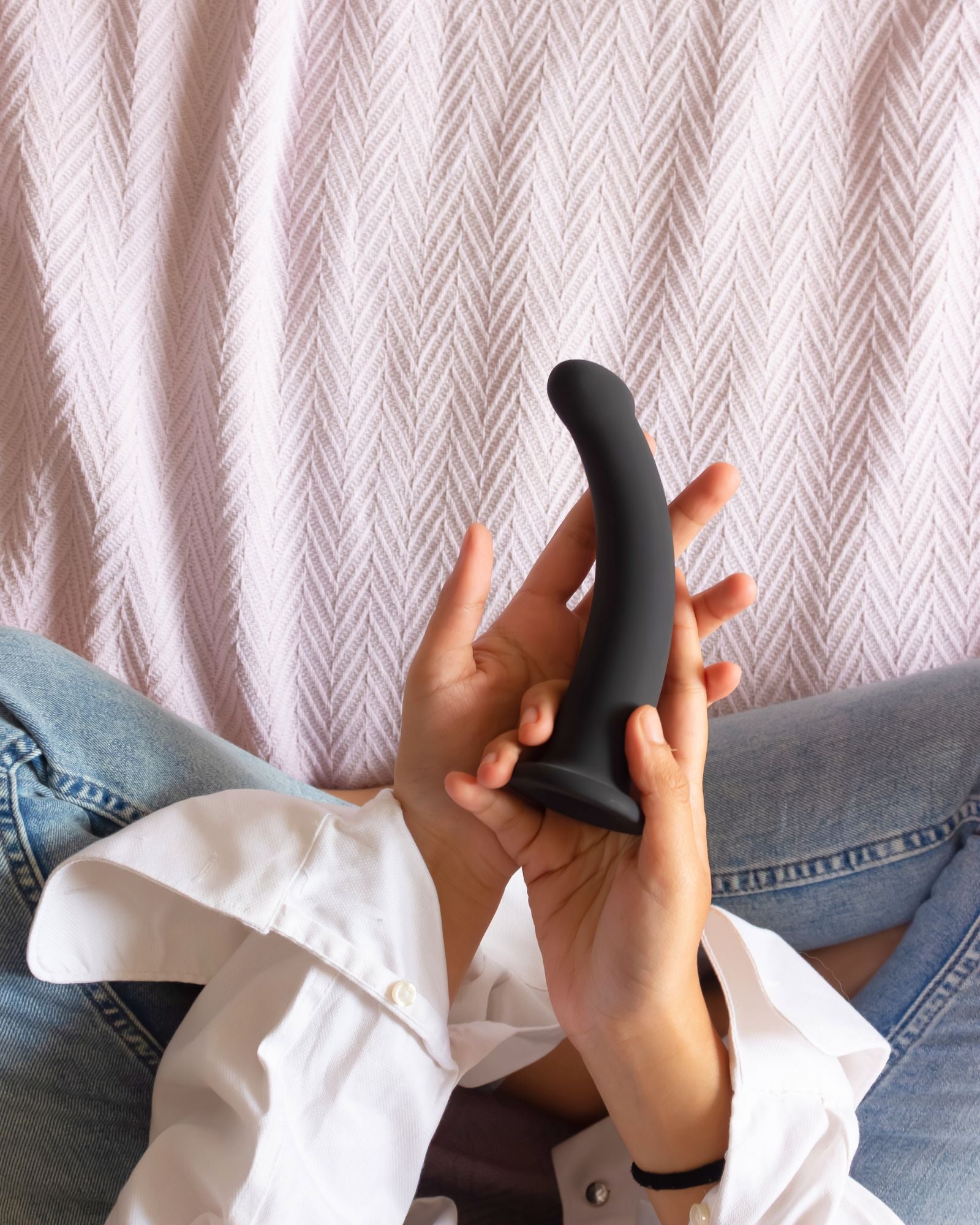
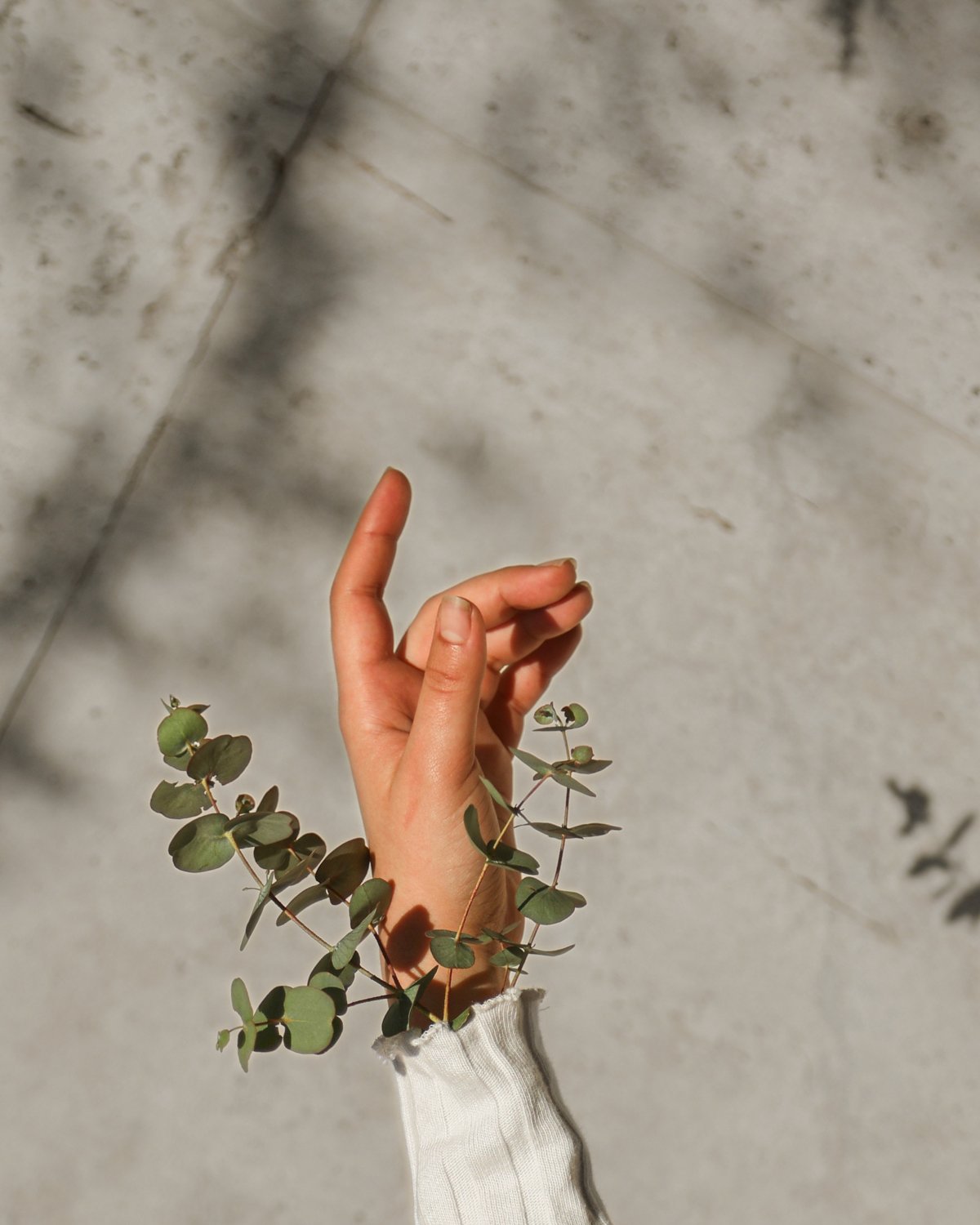
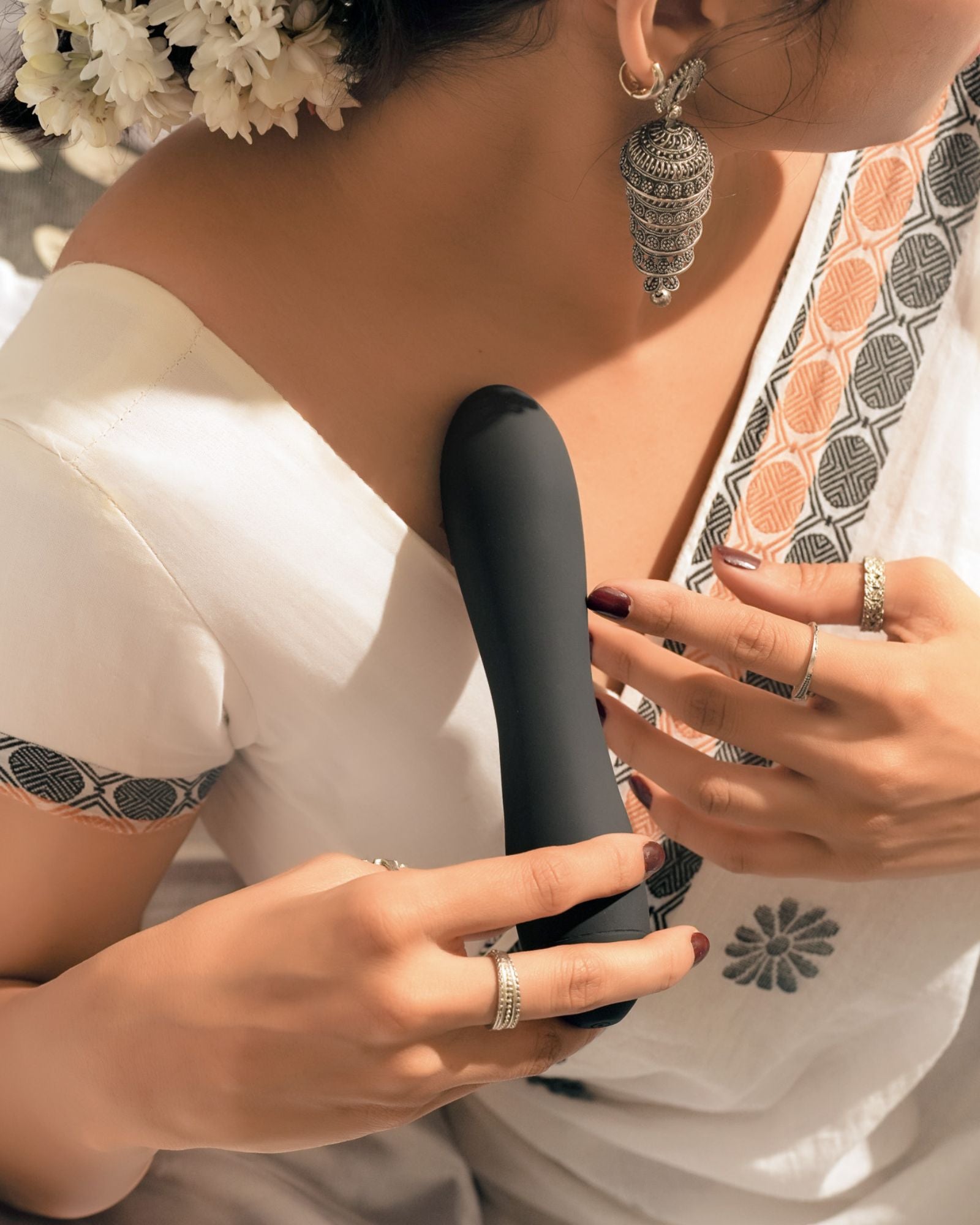
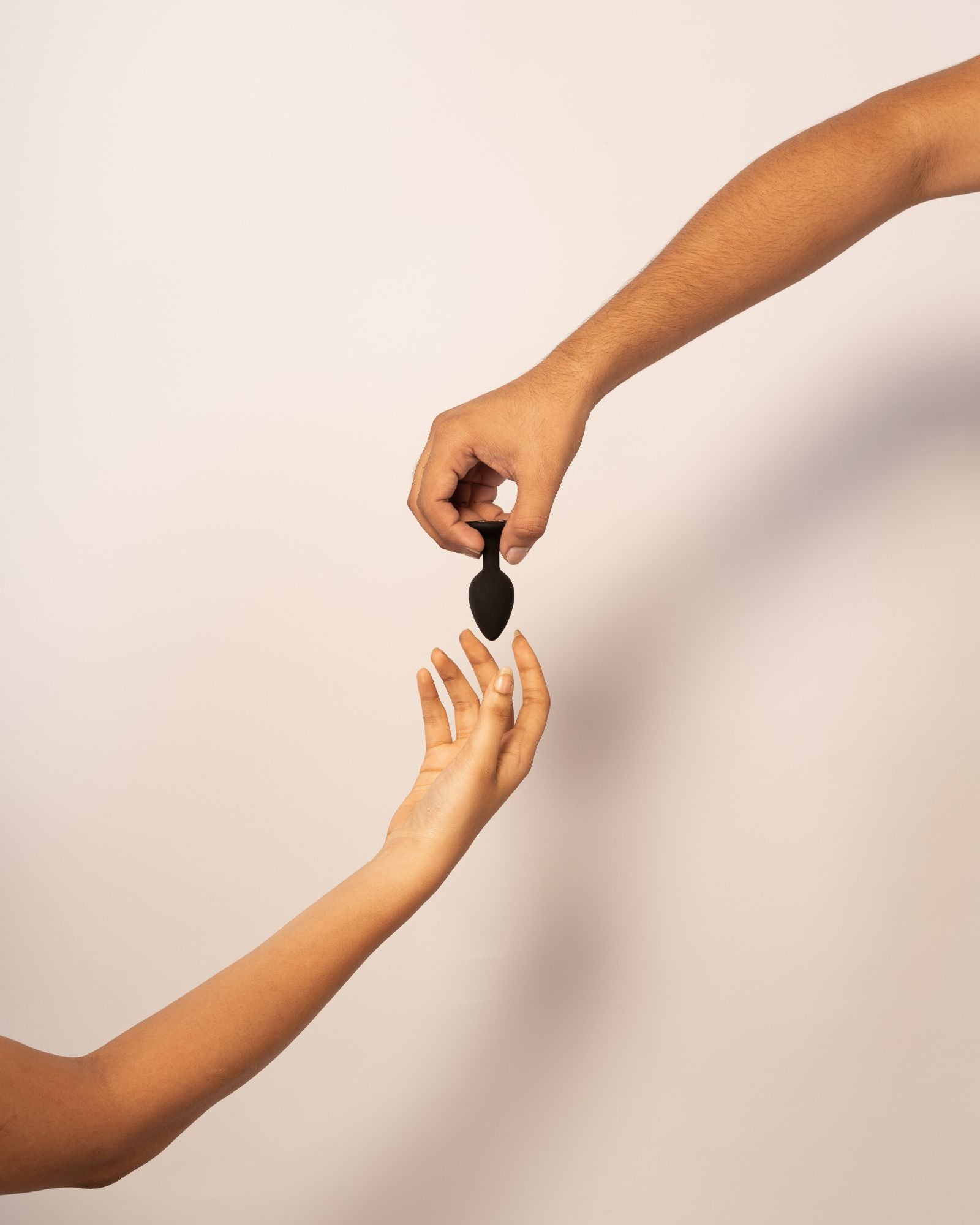
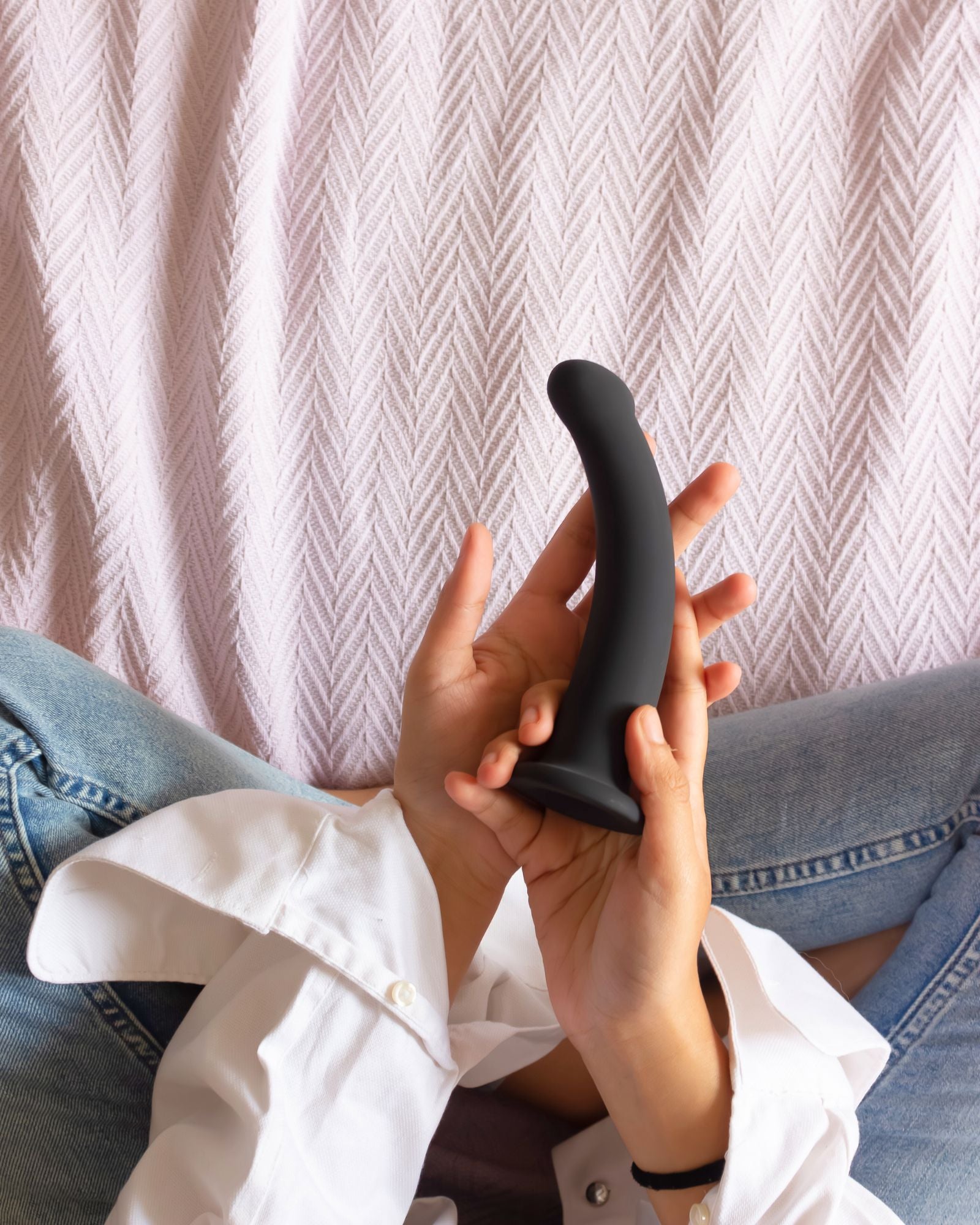
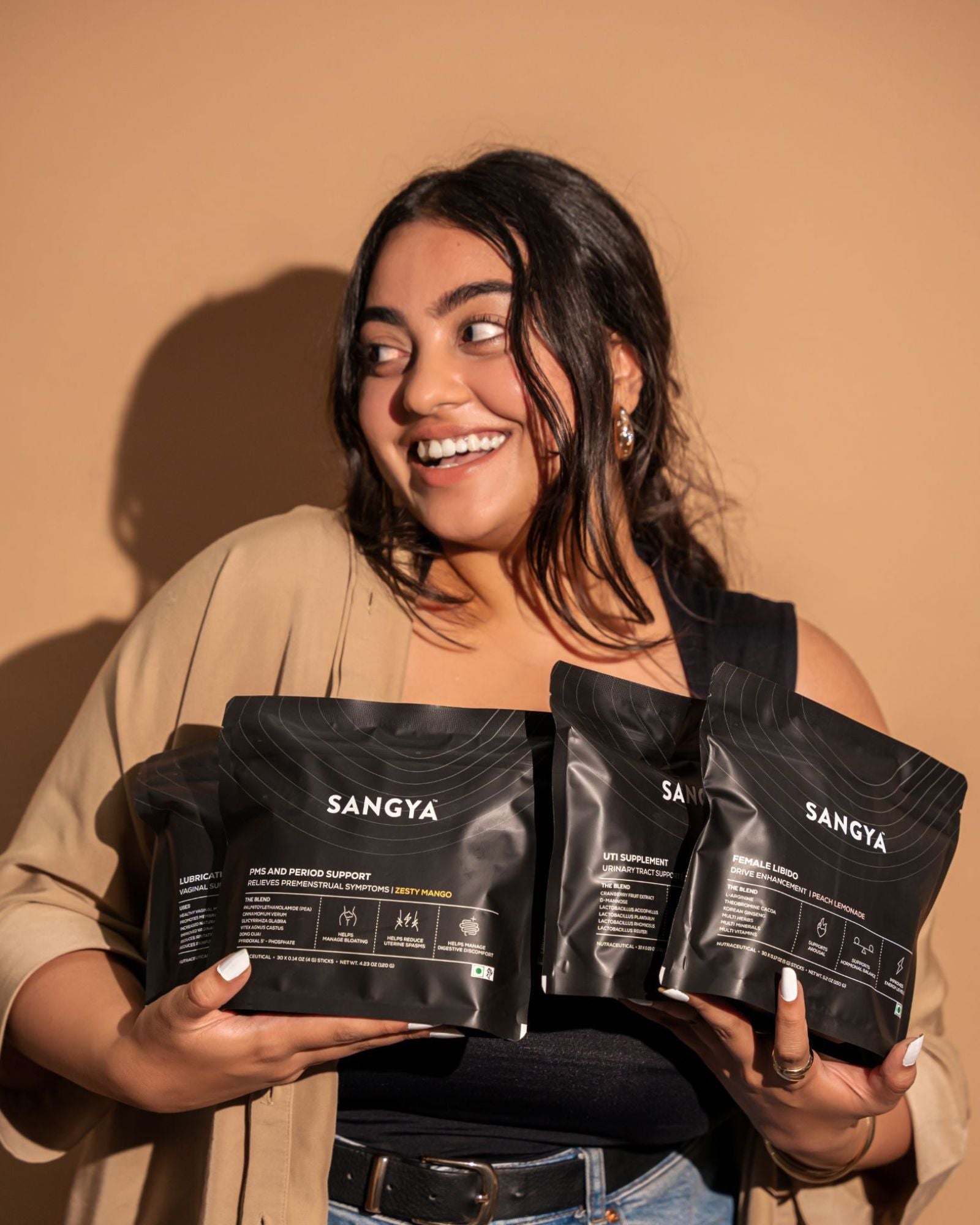
Leave a comment
This site is protected by reCAPTCHA and the Google Privacy Policy and Terms of Service apply.